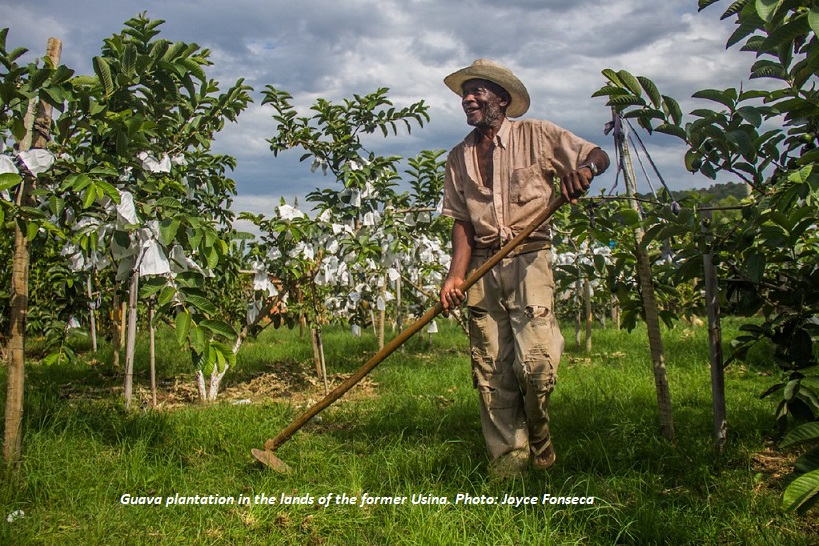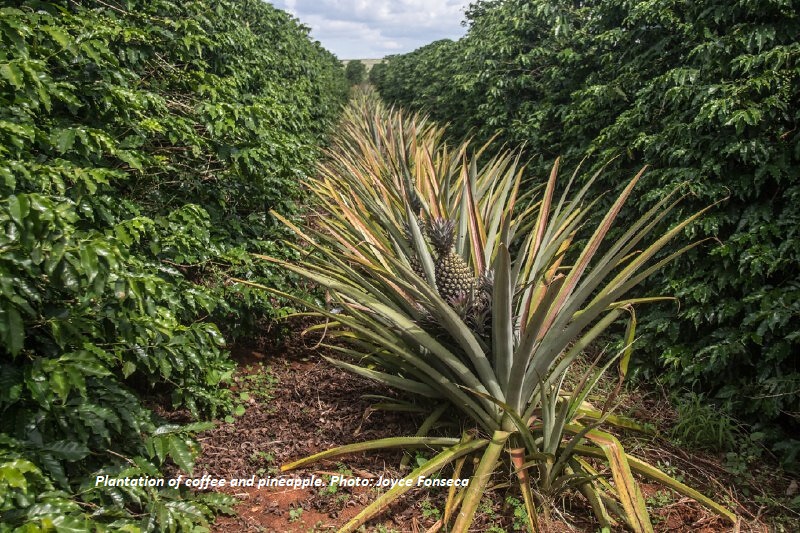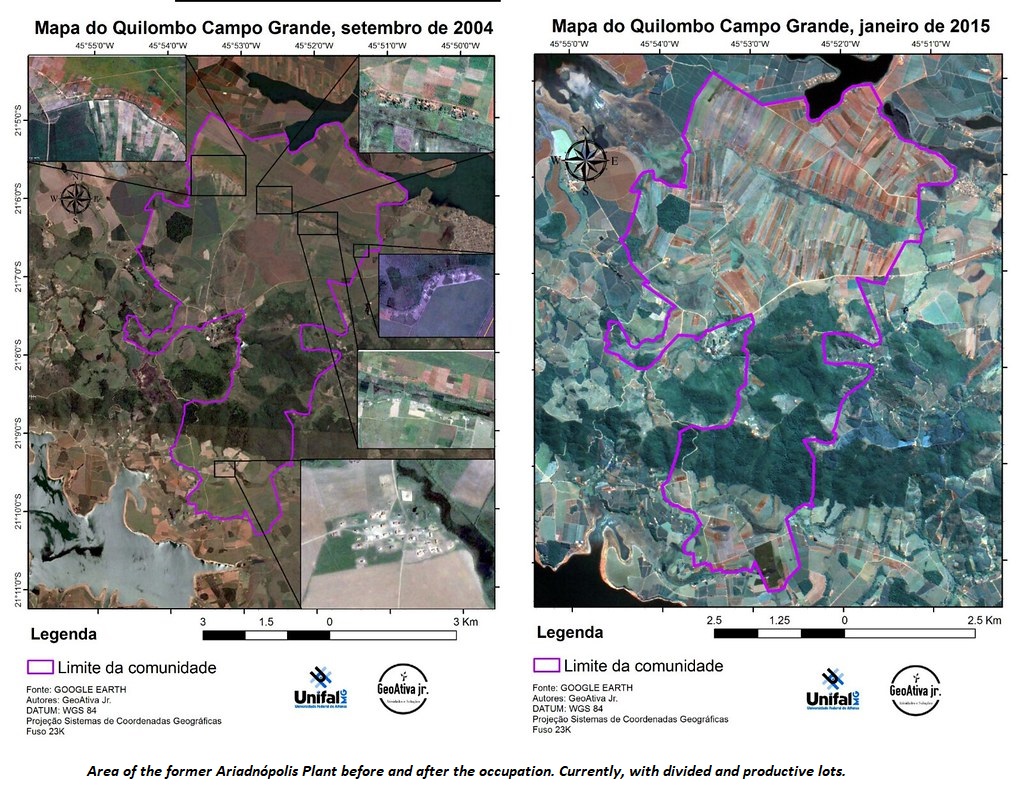Trial for the Eviction at Quilombo Campo Grande Encampment
Trial will be Thursday, July 11, after urgent request of the eviction accepted by Judge Walter Zwicker Esbaile Junior in 2018

On July 11, the Minas Gerais Court of Justice, in Belo Horizonte, there will be a trial to determine the eviction of 450 families that produce the Guaií coffee, from the Ariadnópolis mill. The encampment was threatened shortly after the presidential elections of 2018, with a request for urgent eviction by Judge Walter Zwicker Esbaile Júnior, which generated great national and international commotion and ended up being suspended. Now a panel of judges will present the decision that will determine whether or not the families will remain on the land.
"Dumping the Quilombo Campo Grande families means destroying about 46 acres of coffee plants, expel over 2,000 people from their homes, demolish 418 masonry homes where these people reside and take down more than 100,000 trees planted by the landless," said engineer George Armando da Silva, one of the people responsible for the socioeconomic report drawn up at the end of last year. These numbers are the result of more than 20 years of work by families who have lived there since March 1998.
According to data from the Public Prosecutor's Office of Minas Gerais, the company Capápia, who claims ownership of the area, had its bankruptcy decreed judicially, that is, the company does not even exist legally, so it could never file an urgent request for an eviction. As an argument, the company said that "production proves only in one way: money (follow the - money)." Tuíra Rodrigues, from the regional directorate of the MST, answers. "The company, bankrupt, spent years owing the workers of the old plant, and still must. They have produced nothing but debts for many years, we continue to produce. In response to last year's threats we have increased our production by more than seven acres of coffee in recent months."

Capia also claimed that it had an investor willing to ensure the productivity of the land. Farmer João Faria, who was once one of the largest coffee producers in Brazil and alleged guarantor of the owners, declared bankruptcy in April of this year. "How does one bankrupt want to recover another? We are talking about an association of corrupt people who act to extort the state,” said the outraged leader of the MST.
In a document, the Public Prosecutor's Office reiterates that families own land "by imparting a qualified social function to the property, such as housing, production and access to food, as well as boosting the local economy, as evidenced by the dozens of demonstrations by the community of Campo do Meio."
Last Sunday (June 30), the families of Quilombo Campo Grande held a large assembly to prepare for the eviction trial. "If you lived in a place, with your work, your house and a whole life built for years, would you agree to leave anyway?" asks the landless Luciana Silva. "I'm not going to leave my coffee plants at all. I really believe in true justice, this judge will have to look at us here or ‘the train will get very ugly’." Families have reaffirmed their willingness to remain on the land.
Understand the story
The lands of the former Ariadnópolis Plant were administered by the company Capápia, which went into bankruptcy in 1994. In the following years the owners dismantled the plant and removed all valuable assets from the industrial park, leaving the structure totally scrapped. The workers were unemployed and did not receive their rights. According to the Farmers' Union of Campo do Meio, approximately 400 former workers of the Ariadnópolis plant sued the company in court.

They did not receive the rescission and found that the FGTS and INSS (federal and social security taxes) were not collected either. Debts reach R $ 300,000 (about US $80,000 in 2019 conversion rates) in some cases. It was then in 1998, with the plant already unproductive, that a part of these families occupied the first area within the perimeter of Ariadnópolis, on the banks of the Furnas dam. In 1998, 2005, 2007 and 2009, the Landless were subjected to the most violent expulsions of the encampments installed inside the site of the plant. But they came back, and every time the state and the farmer acted, the more the landless movement strengthened and returned.
Today there are 10 encampments (Zero Hunger, Resistance, Betinho, Sunflower, Rosa Luxemburg, Tiradentes, Sidney Dias, Sister Dorothy 1, 2 and 3) within the perimeter of the old plant. The name Quilombo Campo Grande recalls the struggle of the black people against slavery, which in the past was also organized in several quilombos of resistance from the south of Minas to São Paulo.
The encampment produces milk, raises livestock, produces corn, vegetables, fruit, and the organic coffee that gave rise to the peasant cooperative and the Guaií brand. All this production started to move the economy and commerce of the small town of Campo do Meio.
Know the peasant cooperative, producer of the Guaií coffee here.
